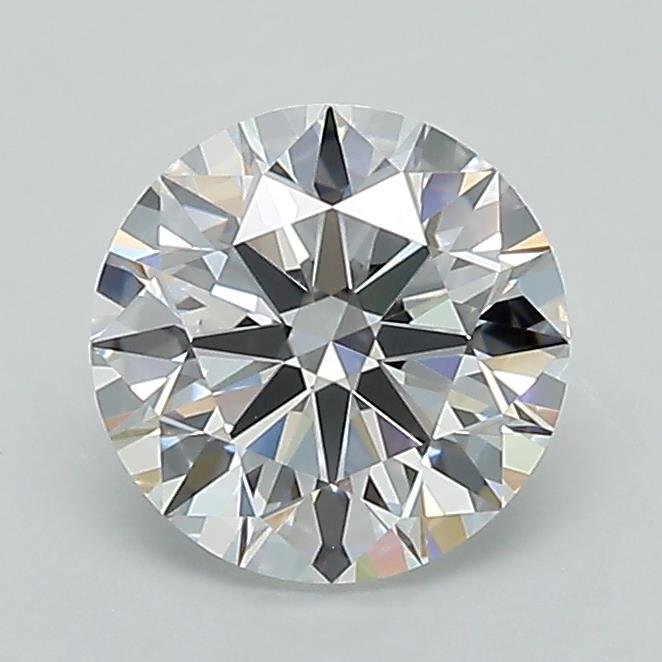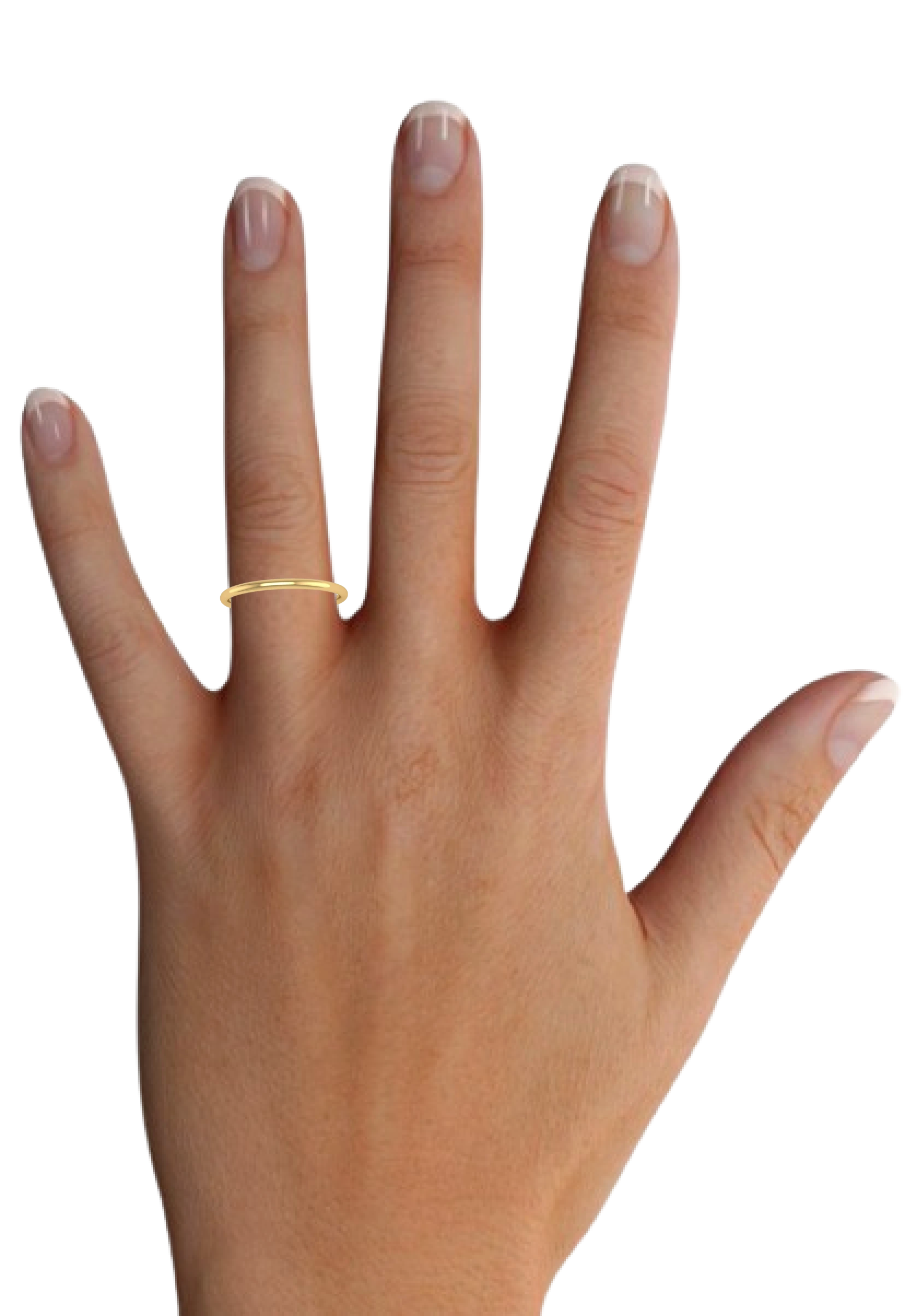
View Size
Certificate
 IGI
IGIDimensions
Guarantee
1.20 Carat round lab Diamond
$1,022
Financing options
Coupon
Apply $160 coupon. See terms

Free insured shipping by Tuesday, Apr 22
if you order in the next 7 hours. Need it sooner?
if you order in the next 7 hours. Need it sooner?
100% money back guarantee
Free 30-days returns and resizing
great Price
This diamond is priced $0 below our fair price estimate.
Similar diamonds are usually priced between 0 and 0.
Track price
Get email updates when the price of this diamond changes.
This is the future of
jewelry buying.
jewelry buying.
We didn’t say that. Our customers did.
250+ trusted
wholesalers
wholesalers
Best price
guarantee
guarantee
Guaranteed
for life
for life
Unbiased human
experts
experts
What they’re saying about us
IGI Certified
Diamonds
Diamonds
Unbiased AI and
Human Analysis
Human Analysis
No Haggling

30 Day Returns

No Commissioned Salespeople



